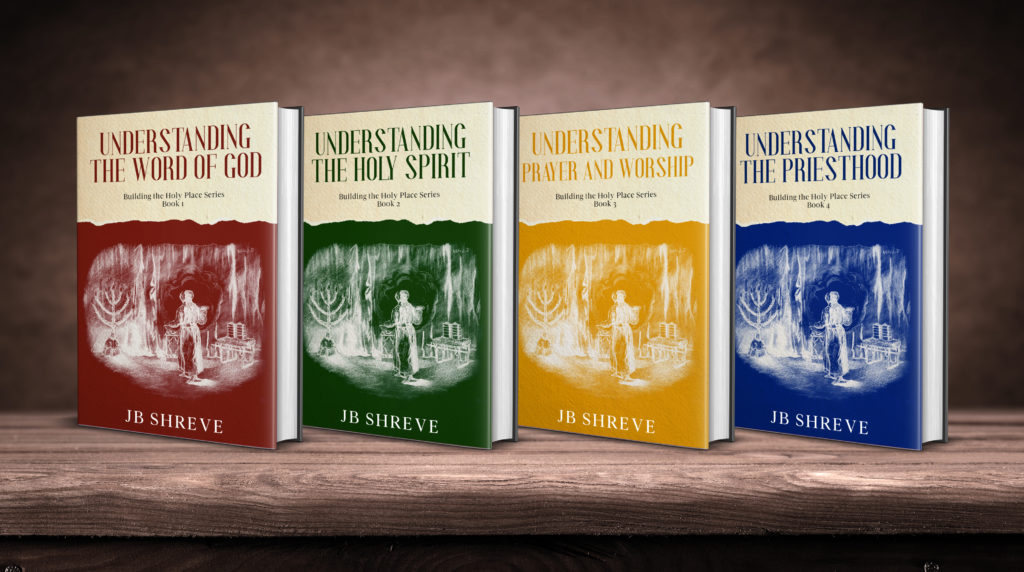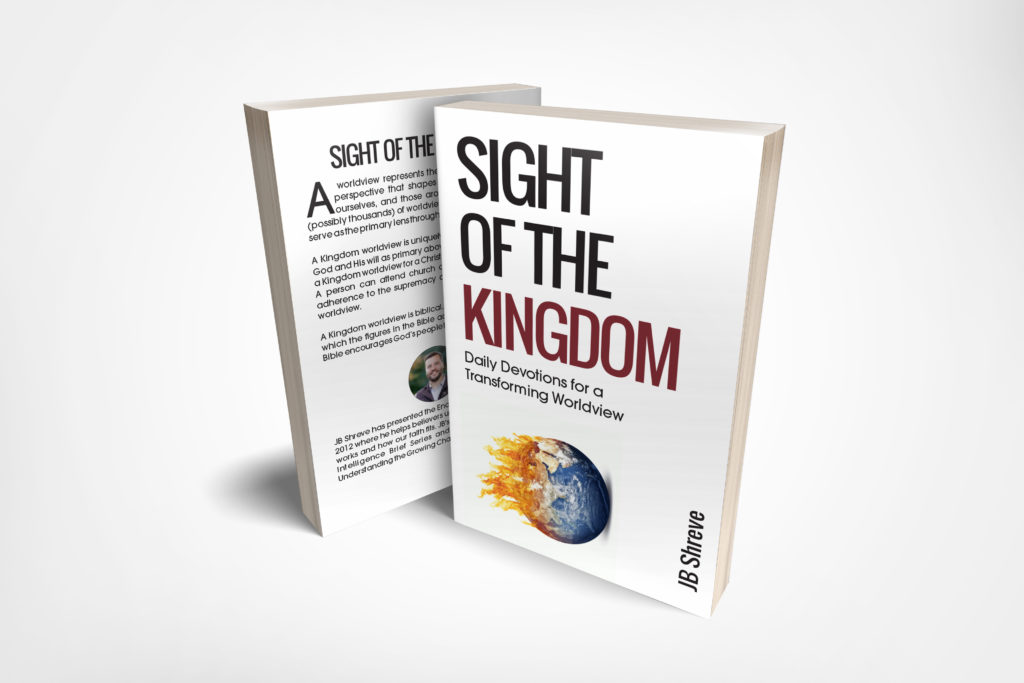So far, in this devotional series, we have explored the power and priority that a posture of gratitude can hold in our spiritual lives. Gratitude fosters an indomitable lifestyle. Thankfulness opens a doorway to God for faith and understanding to flow. It is a transforming agent that empowers us for maturity.
But there is one thing that can stop the power of gratitude. This illegal activity acts as a sort of kryptonite, hindering the effects of our gratitude’s spiritual superpowers in our lives. This kryptonite is a highly religious and carnal activity, yet it is also subtle and often accepted as harmless.
Then Jesus told this story to some who had great confidence in their own righteousness and scorned everyone else: “Two men went to the Temple to pray. One was a Pharisee, and the other was a despised tax collector. The Pharisee stood by himself and prayed this prayer: ‘I thank you, God, that I am not like other people—cheaters, sinners, adulterers. I’m certainly not like that tax collector! I fast twice a week, and I give you a tenth of my income.’ “But the tax collector stood at a distance and dared not even lift his eyes to heaven as he prayed. Instead, he beat his chest in sorrow, saying, ‘O God, be merciful to me, for I am a sinner.’ I tell you, this sinner, not the Pharisee, returned home justified before God. For those who exalt themselves will be humbled, and those who humble themselves will be exalted.”
Luke 18:9-14 (NLT)
The religious Pharisee in Jesus’ story said and did the right things. The power of thankfulness should have been operating in his life. But it wasn’t. In the story Jesus told, this character stumbled into the dangerous neutralizer of the principle of gratitude.
Comparison is a hazardous activity that often quietly operates in our minds. We look out at others in the world and compare our situations. Perhaps, like this Pharisee, we see ourselves doing better than they do. In that moment of assessment, the kryptonite turns on, and rather than the benefits of the principle of gratitude, pride and self-righteousness flow. Even as he thanked God, the Pharisee in this story became self-righteous and prideful.
On other occasions, we compare ourselves to others and perceive them as better off than ourselves. Why is God treating them better? Why doesn’t God give me those blessings? Once again, self-centeredness rises to the top in our mind’s eye, and we drift away from a correct posture of gratitude before God.
For many, many years, our family never took vacations. We simply could not afford it. Groceries and mortgage payments were the priority; sometimes, we could not even hit those targets. Meanwhile, in our church, another family seemed to take a vacation, sometimes two vacations, every year. At the time, this really bothered me. It bothered me that I could not afford these special occasions with my wife and children. Why was God not providing for us like He did for that family?
I shared this frustration with one of my spiritual leaders, and rather than sympathizing with my disappointment, he immediately shut it down. “Do not get into the dangerous habit of comparison,” he warned! It was an effective admonishment.
Comparison poisons relationships. It replaces “self” as the center of events rather than God’s will and purposes. It is a toxin that flows all too freely for many among the Body of Christ. Comparison shuts down the power of gratitude in our lives and leaves us to inherit the futilities of sin and death.
Paul described a posture of contentment that operated in his life.
I know what it is to be in need, and I know what it is to have plenty. I have learned the secret of being content in any and every situation, whether well fed or hungry, whether living in plenty or in want. I can do all this through him who gives me strength.
Philippians 4:12-13 (NIV)
If he compared his status and situation to others, Paul could never secure this level of contentment. We must discipline our minds to turn off the voices and habits of comparison to others in our lives. Gratitude places God’s will as supreme, and when we find ourselves in His will, that should be the place of our greatest contentment.







